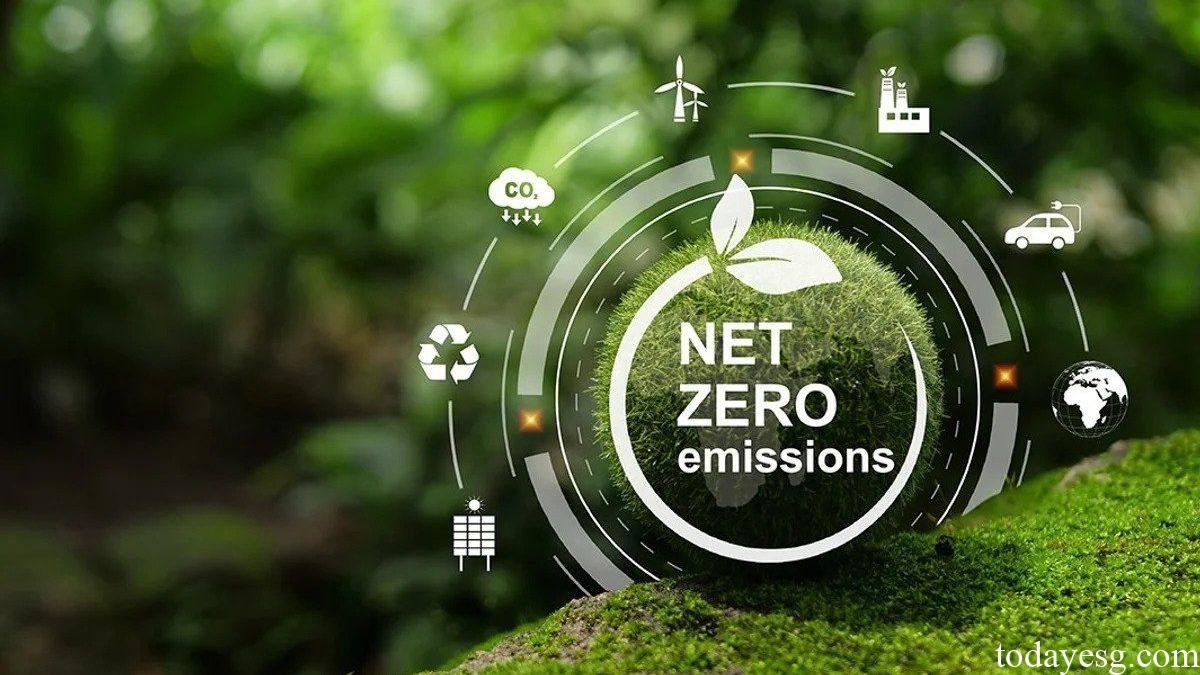Net Zero Transition Charter
The 28th Conference of the Parties to the United Nations Framework Convention on Climate Change (COP28) releases the Net Zero Transition Charter, which aims to promote the net zero transition of the private sector and play a key role in climate action.
The Net Zero Transition Charter aims to encourage the private sector to set net zero emissions targets and transparent transition plans, based on integrity and quality, and to regularly disclose progress on the net zero transition. All signatories will be recognized as leaders in the global transition at COP28 and published on the COP28 website.
Related Post: IIGCC Launches Net Zero Standards for Banks
Contents of the Net Zero Transition Charter
COP28 believes that the current global carbon emissions trajectory still deviates from the net-zero trajectory. The gross production value of the private sector accounts for 80% of total GDP, and their activities determine most of the world’s energy consumption and greenhouse gas emissions. Private sector’s participation is therefore important to achieving global climate goals. The Charter will enable the private sector to continue to take meaningful action on climate, track progress and be held accountable.

Signatories to the Net Zero Transition Charter are required to:
- Publicly set net-zero transition targets that are consistent with the Paris Agreement. Signatories need to maintain the credibility and transparency of the net zero goal and accept scientific review processes and third-party verification.
- Develop a solid net-zero transition plan within one year of COP28. Transition plans need to align governance mechanisms and incentives and align with net zero transition objectives in both the short and long term.
- Publicly disclose greenhouse gas emissions and transition implementation status. Signatories are required to report standardized data to the United Nations Framework Convention on Climate Change (UNFCCC) and update the status of the transition plan.
Future Plans for COP28
COP28 plans to reduce global carbon emissions by 43% over the next seven years and use public capital, private capital and philanthropic resources to achieve this goal. The COP believes that only 2% of charitable giving is directed to climate change, which is well below the funding needed for net zero. COP28 hopes to reach the US$100 billion donation target from member states and replenish the Green Climate Fund by 2025.
Reference:
COP28 Net Zero Transition Charter
ESG Advertisements Contact:todayesg@gmail.com








